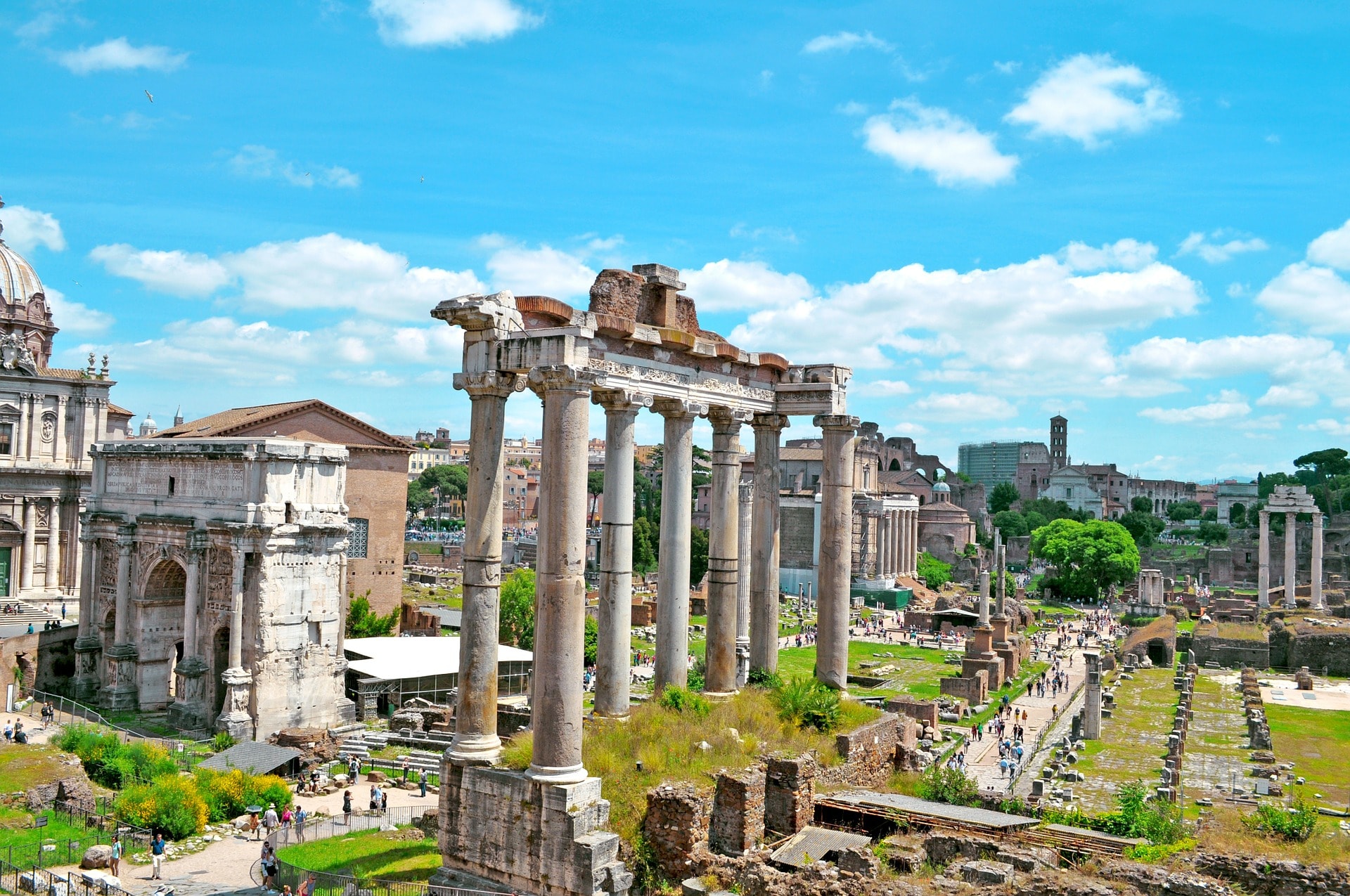
General Forum
Public Group
Public Group
Active 5 days ago
This group is for general conversations.
Public Group
Organizer:
- Organised by
- No Organizers
Reply To: Sense of self & the hemispheres
-
Wow, great reply. I’ll accept your broad use of the “narrative” metaphor. For the contrary argument against consciousness as narrativity, I much like Galen Strawson’s work — but what he’s objecting to looks to be a narrower connotation for the term, focused on our public languages.
Where you speak of the poles of egoic self as matter as seen as fundamentally real, yes our culture (at least as I find it in myself) elides identity with the world. Robert Hunter’s challenge to “remember that you are the eyes of the world” was about as counter to our dominant culture as can be. The various “spiritual” traditions that would have us be off elsewhere in prayer or meditation, rather than fully present in our senses in this one, would have consciousness off in its own reservation, heaven elsewhere, never at hand.
Okay, so I’m looking at a tree — richly metaphorical (“true” and “tree” are said to share a root). To even see it as a tree is prospective. Would it be fair to call the anticipation of “treeness” in the perception a “narrative” as in your use? All the things I can imagine of a tree — which make it true that I’m seeing a tree (that I might climb it, that I can cut wood from it, that it will produce seeds….) — can be formed into stories. So there’s at least implicitly potential narrativity in the recognition of anything; and recognition does seem essential to consciousness, even if it’s just a meditator’s recognition of a “pure conscious event,” as you point out.
In his books, McGilchrist shows appreciation for certain strands of art, of (German) philosophy, of music, and older Christian ceremony. But what speaks louder to some of us is his taking residence on the Isle of Skye. Many sages have pursued the sublime in nature, their stories say. McGilchrist certainly shares the fear that our culture has turned too far from nature, so will see it destroyed, as this summer’s weather presages. But his diagnosis of our cultural drift, and signs of decline, leaves open the question of whether there’s more direct and specific treatment which might be invented for this, or whether the best we might do is “building an ark for the anthropocene,” as the Blue Aeroplanes sing.
What is the range of potentially curative formulas here, if such exist at all? Can we further sharpen the diagnosis, even beyond Iain’s magesterial work, to better find such formulations? Might it have something to do with moving ourselves beyond the conventions of the “I-narrative” (ego) and the “thing-narrative” (dead matter)? How might we center in, rather than just fleetingly obtain, an “eyes of the world” perspective, and the narratives which flower from that tree?
Whit
